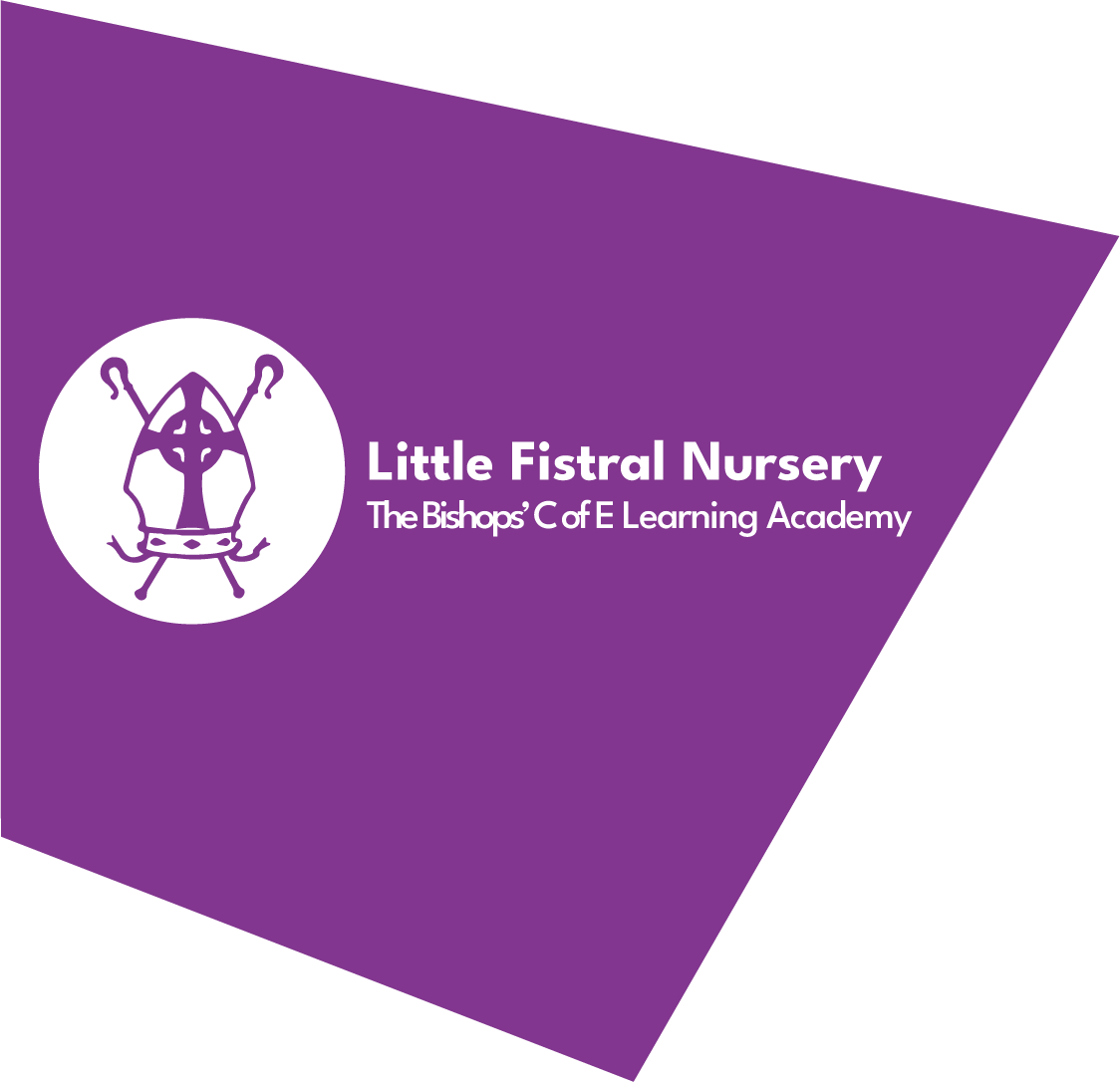
Learning
We believe that children learn best from practical experience and all areas of the Early Years curriculum will involve plenty of hands-on learning both inside and outside. We follow the Early Years Foundation Stage (EYFS) framework. This is a statutory requirement for all schools. Our team of Foundation practitioners use on going assessment and observations of the children to develop a flexible curriculum. The curriculum is based on the children’s interests to ensure that they are enthusiastic and motivated about their learning. Our foundation stage children have continuous access to both inside and outside. We provided a carefully planned play based curriculum which also maximises opportunities for children to develop their own lines of enquiry.
In the Early Years Curriculum, there are seven areas of learning and development:
Communication and language
Communication and language development involves giving children opportunities to experience a rich language environment; to develop their confidence and skills in expressing themselves; and to speak and listen in a range of situations.
Physical development
Physical development involves providing opportunities for young children to be active and interactive; and to develop their co-ordination, control, and movement. Children must also be helped to understand the importance of physical activity, and to make healthy choices in relation to food.
Personal, social and emotional development
Personal, social and emotional development involves helping children to develop a positive sense of themselves, and others; to form positive relationships and develop respect for others; to develop social skills and learn how to manage their feelings; to understand appropriate behaviour in groups; and to have confidence in their own abilities.
Literacy
Literacy development involves encouraging children to link sounds and letters and to begin to read and write. Children must be given access to a wide range of reading materials (books, poems, and other written materials) to ignite their interest
Mathematics
Mathematics involves providing children with opportunities to develop and improve their skills in counting, understanding and using numbers, calculating simple addition and subtraction problems; and to describe shapes, spaces, and measures.
Understanding the world
Understanding the world involves guiding children to make sense of their physical world and their community through opportunities to explore, observe and find out about people, places, technology and the environment.
Expressive arts and design
Expressive arts and design involves enabling children to explore and play with a wide range of media and materials, as well as providing opportunities and encouragement for sharing their thoughts, ideas and feelings through a variety of activities in art, music, movement, dance, role-play, and design and technology.
Each area of learning and development must be implemented through planned, purposeful play and through a mix of adult-led and child-initiated activity. Play is essential for children’s development, building their confidence as they learn to explore, to think about solving problems, and relate to others.
